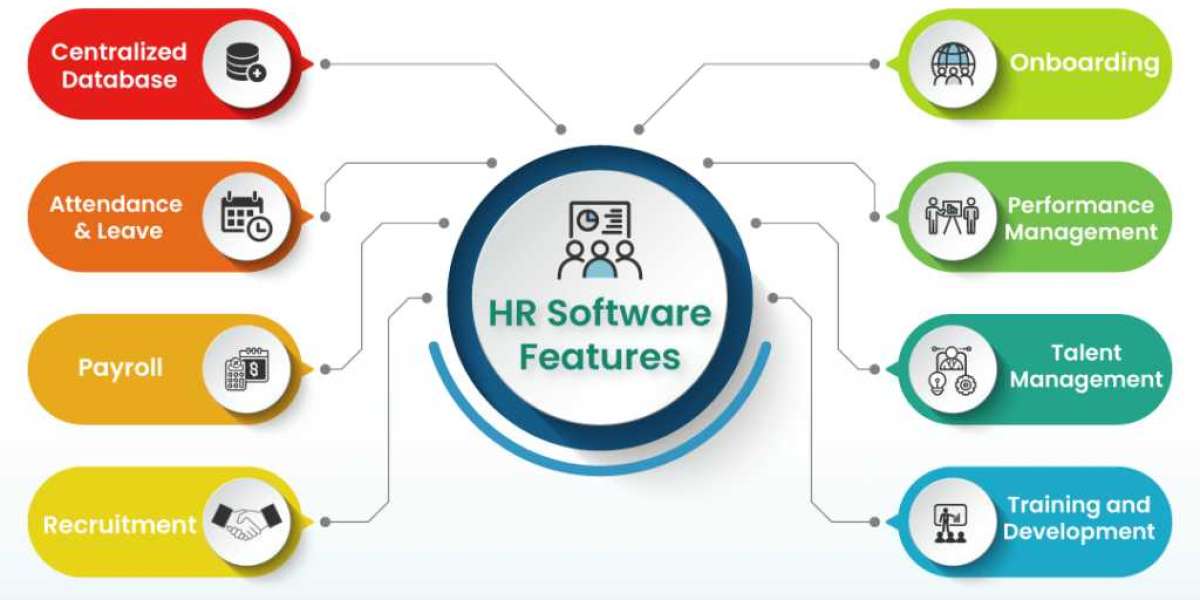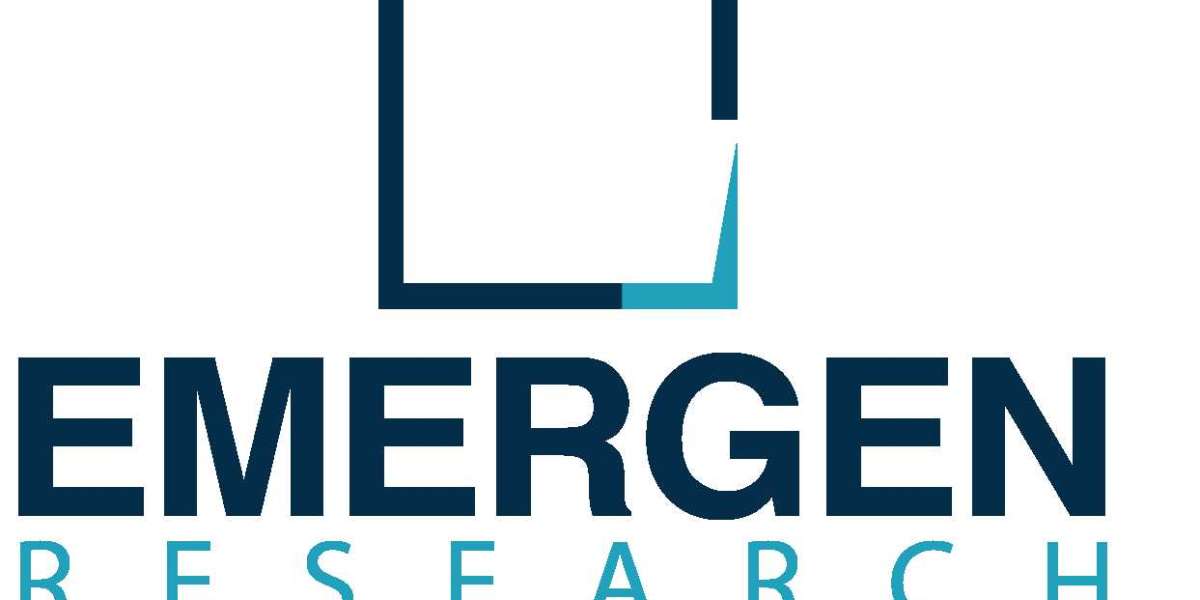Navigating the Human Resources Management (HRM) Software Market: Trends, Key Players, and Regional Dynamics
In the dynamic landscape of modern business operations, Human Resources Management (HRM) software has emerged as a pivotal tool for streamlining HR processes, enhancing employee engagement, and optimizing organizational performance. As businesses increasingly recognize the importance of efficient HR management, the global HRM software market is witnessing significant growth, driven by technological advancements, evolving workforce dynamics, and the rising adoption of cloud-based solutions.
Market Overview:
The HRM software market encompasses a wide array of solutions designed to automate and streamline HR tasks, ranging from recruitment and onboarding to payroll processing and performance management. The Human Resources Management (HRM) Software market industry is projected to grow from USD 14.92 Billion in 2022 to USD 33.40 billion by 2030.
Request To Free Sample of This Strategic Report - https://www.marketresearchfuture.com/sample_request/6212
Key Market Segments:
Deployment Type: The HRM software market is segmented based on deployment types, including on-premises and cloud-based solutions. Cloud-based HRM software solutions are gaining traction due to their scalability, flexibility, and cost-effectiveness.
Organization Size: The market caters to organizations of varying sizes, including small and medium-sized enterprises (SMEs) and large enterprises. SMEs are increasingly adopting HRM software to streamline operations and enhance employee productivity.
Verticals: HRM software solutions are tailored to meet the specific needs of different industry verticals, including healthcare, IT telecom, BFSI, manufacturing, retail, and others. Each vertical requires customized features to address industry-specific challenges and compliance requirements.
Industry Latest News:
Integration of AI and Machine Learning: Leading HRM software vendors are integrating artificial intelligence (AI) and machine learning (ML) capabilities into their platforms to offer predictive analytics, enhance decision-making, and automate repetitive tasks.
Focus on Employee Experience: With the shift towards remote work and distributed teams, HRM software providers are placing greater emphasis on improving the employee experience through intuitive interfaces, mobile-friendly applications, and personalized engagement tools.
Compliance and Data Security: Amidst growing concerns about data privacy and regulatory compliance, HRM software vendors are enhancing security measures and ensuring compliance with global data protection regulations such as GDPR and CCPA.
Key Companies:
SAP SE: SAP's SuccessFactors suite offers a comprehensive range of HRM software solutions, including talent management, payroll processing, and workforce analytics.
Oracle Corporation: Oracle's HCM Cloud platform provides a unified HR solution encompassing core HR, talent management, and workforce planning functionalities.
Workday, Inc.: Workday's cloud-based HRM software platform is known for its user-friendly interface, real-time analytics, and seamless integration with other enterprise systems.
Market Drivers:
Digital Transformation: Organizations are undergoing digital transformation initiatives to remain competitive in the digital economy, driving the adoption of HRM software solutions to streamline operations and enhance efficiency.
Remote Workforce Management: The proliferation of remote work arrangements necessitates robust HRM software tools for managing remote teams, facilitating collaboration, and ensuring workforce productivity.
Talent Acquisition and Retention: In the face of intensifying competition for top talent, companies are investing in HRM software to optimize recruitment processes, improve candidate experiences, and foster employee engagement and retention.
Ask for Customization - https://www.marketresearchfuture.com/ask_for_customize/6212
Regional Insights:
North America: The North American region dominates the HRM software market, fueled by the presence of key market players, technological innovation, and a high adoption rate of cloud-based solutions across various industries.
Europe: Europe is witnessing steady growth in the HRM software market, driven by stringent data privacy regulations, increasing workforce mobility, and the need for advanced HR analytics capabilities.
Asia Pacific: The Asia Pacific region is poised for significant growth in the HRM software market, driven by rapid urbanization, digitalization initiatives, and the emergence of SMEs seeking to streamline HR operations.
In conclusion, the HRM software market is poised for robust growth, driven by technological innovation, evolving workforce dynamics, and the increasing focus on employee experience and operational efficiency. To stay competitive in today's rapidly evolving business landscape, organizations must leverage HRM software solutions that align with their unique requirements and strategic objectives.
Human Resources Management Software Market Highlights:








